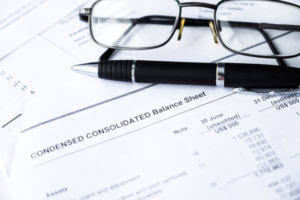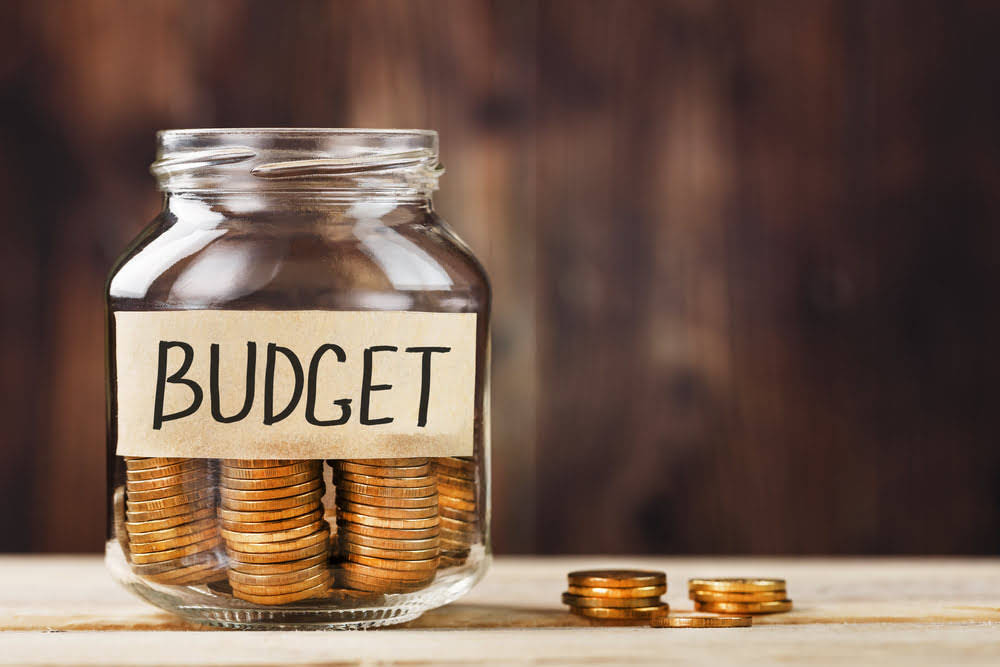Complete guide to hotel accounting

You’ll see there are a number of different categories, including different property types, sizes, and locations. Time and time again, M3 and Aptech are the two providers that pop up at the top of the list. The Mayor’s Office for Economic Opportunity uses evidence and innovation to reduce poverty and increase equity. It advances research, data and design in the City’s program and policy development, service delivery, and budget decisions.

Operations staff have a lot to keep track of, such as regular invoicing and accounts receivable. However, they must also keep a close eye on occupancy rate, ADR, rooms sold, operating expenses, room revenue, RevPar, and other key hotel metrics in order to ensure that the operations are as profitable as possible. Having the right hotel property management system is crucial to streamline this process, as is revenue management on the whole while optimizing rates in order to maximize profits. A Hotel Accountant typically operates within the administrative section of a hotel, often situated in a quiet, well-lit office space designed to foster concentration and efficiency. The workspace is equipped with computers, accounting software, and other necessary tools for managing financial transactions, payroll, and budgeting.
What to Look for in Hospitality Accounting Software
An accounting system can automate many of the above functions, ultimately saving a hotel dozens of hours of work each day. With Zoho, users can send up to 5,000 invoices to an unlimited number of clients across all plans, while also being able to integrate with many top payment processing services. QuickBooks also lets users scan and track receipts and bills easily, and it has plenty of integrations with services that hotels may need and may already be using. You can easily integrate financial data with your PMS so that you can focus on interpreting the data in order to make the best decisions possible for your business. Dealing with sensitive guest information, hotels are susceptible to credit card theft and information hacking.
If your customers order room service or take stocked items from the minibar, these extras can be added to the final invoice at the end of the stay. Any damages that occurred or stolen items during the stay can also be added as additional charges for the customer. After conducting an initial exploration to identify the most relevant, popular, and established tools in the market, we put them through their paces with hands-on testing to see their real strengths hotel accounting and weaknesses. In this case, we put eight accounting software products to the test across 111 areas of investigation. While most of these may not be an issue for a small hotel, the lack of inventory management, in particular, may give reason for pause. Wave offers integrations that can compensate for most of these missing features (Google Forms and HoneyBook are among the most popular Wave integrations), but you’ll need to pay for many of them.
How do you maintain accounts in the hotel industry?
The labor costs, infrastructure and software maintenance charges will be eliminated and reduced by 80%. Hotel Accounting is considered as the boon for better decision making that brings in good fortune to hoteliers if handled efficiently. Regardless of the business size, Accounting in the perspective of Hotel Industry is all about recording and retrieving in & out cash-flow. The system will also keep track of room amenities to adjust pricing between the different rooms available in your hotel.
From accounting point of view, it is better to open Working Accounts for various sections of Bar, Accommodation, Restaurant, Lunch, Dinners etc. Similarly, cost and expenses relating to meat, eggs, fish, poultry, groceries, provisions etc. should be apportioned between Restaurant and Lunches and Dinners. It becomes also necessary to prepare separate accounts for Billiards Room, Banquet Halls, and Laundry etc. Usually for a 24-hour stay one day’s charge is taken, i.e., the occupant is allowed to stay for 24 hours from the time of arrival to the time of departure. The occupant is to pay one day’s charge even if he stays for less than 24 hours.
